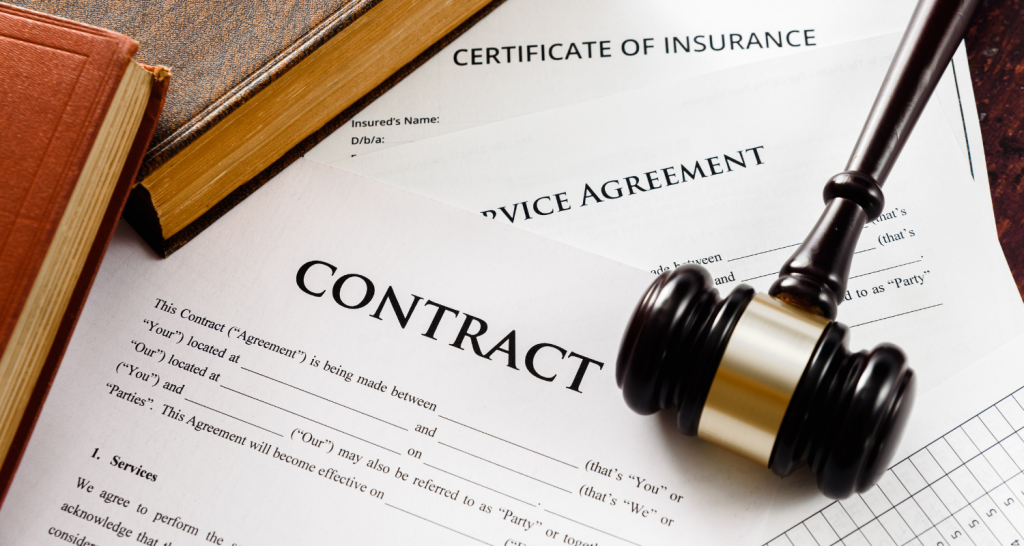Contract Breach
Contract disputes often arise when one party breaks the contract, which means they fail to fulfill the agreement’s obligations. Contract breaches may take the following forms:
- A major breach occurs when one party fails to execute their obligations, rendering the contract irreparable. The party harmed by this breach may seek damages from the party that violated the contract.
- A small violation, also known as an inconsequential breach, occurs when the contract’s essential terms are not altered. When a small breach occurs, both parties are obligated to complete the contract, but the party that has not broken the agreement may still sue the other party for damages.
The 1978 Contract Disputes Act
The Contract Disputes Act of 1978 created uniform procedures for resolving federal contract disputes. This Act was enacted to provide a fair and open method for resolving disputes definitively. Both the contractor and the government agency in issue should engage in good faith and make every effort to resolve the matter amicably. The contracting officer makes the ultimate decision, which may be appealed to the Board of Contract Appeals or the United States Federal Claims Court. These rulings may then be appealed to the United States Court of Appeals for the Federal Circuit, the intermediate appellate authority, or the United States Supreme Court.
What Are the Most Frequently Occurring Contract Disputes?
Formation
Numerous contractual conflicts happen throughout the contract’s formation period. A contract must have an offer, acceptance of the offer, and some kind of compensation (payment) for the products or services covered by the contract. The consideration must be comparable to the fair market value of the products or services specified in the contract. Additional concerns that may arise during the contract’s formulation stage include the following:
- Disagreements over offers and acceptances
- Problems with initial drafting and reviewing of a contract
- Disagreements about the interpretation or definition of a contract’s technical term
- Errors in interpreting contractual terms
- Fraud, duress, or compulsion against the will of a person
Breach
Once a contract is created, there may still be concerns with the parties’ performance. When a party violates any contract provision, there is a breach of contract. When a court analyzes the contractual disagreement and determines whether the contract may continue, the issue will be how serious the violation was.





